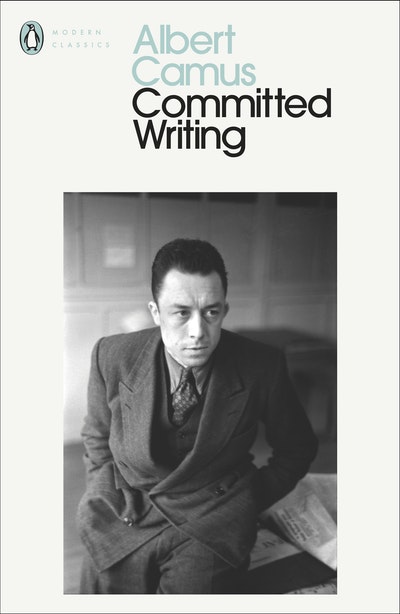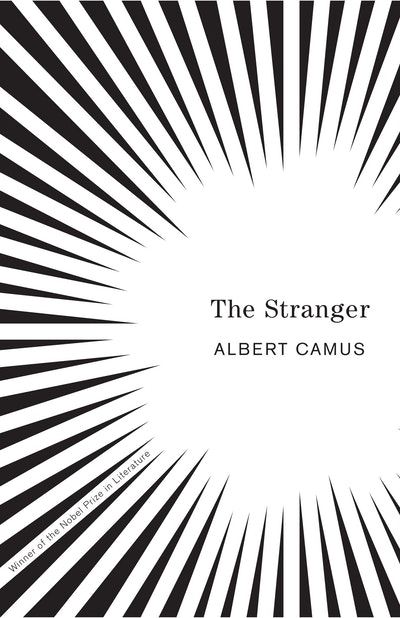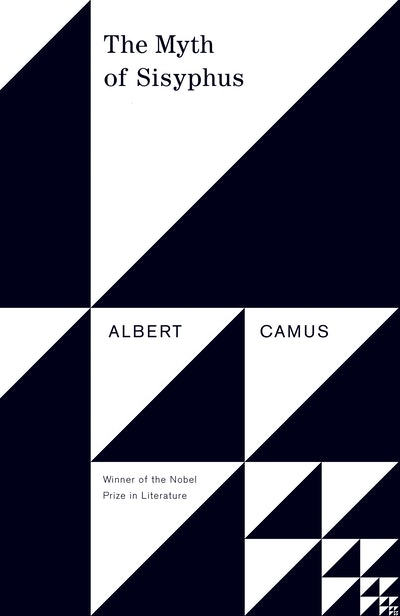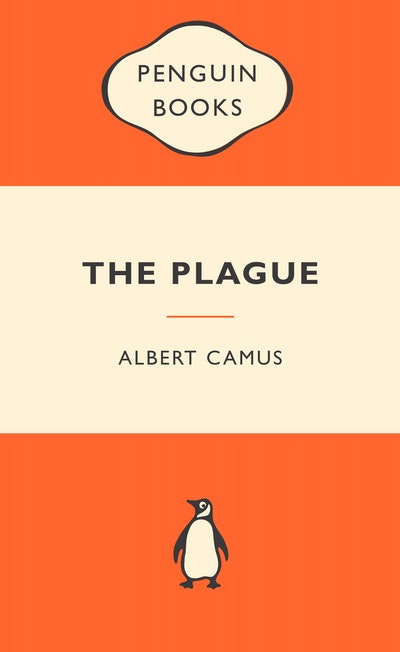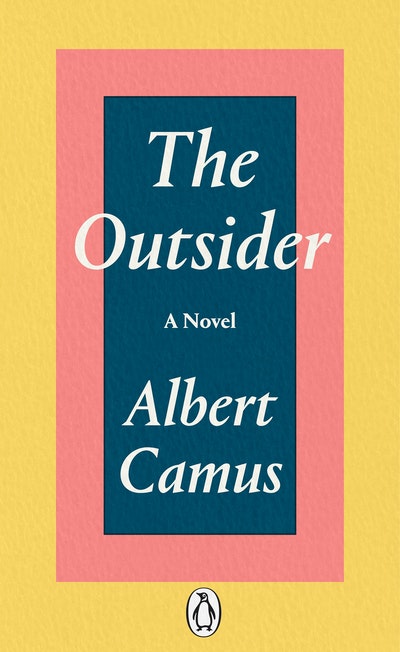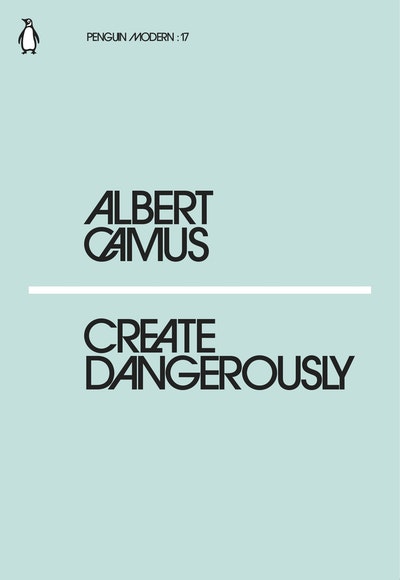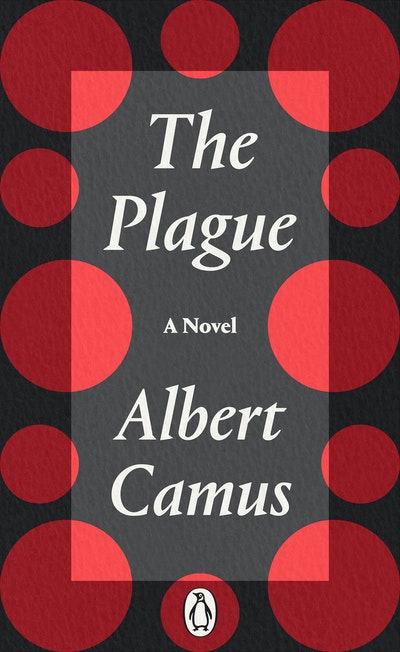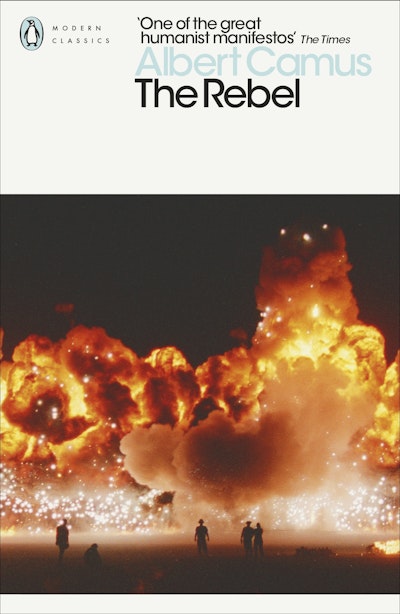[]
- Published: 17 December 2020
- ISBN: 9780241400401
- Imprint: Penguin Classics
- Format: Paperback
- Pages: 160
- RRP: $26.99
Committed Writings
Formats & editions
Buy from…
- Published: 17 December 2020
- ISBN: 9780241400401
- Imprint: Penguin Classics
- Format: Paperback
- Pages: 160
- RRP: $26.99
Probably no European writer of his time left so deep a mark on the imagination
Conor Cruise O'Brien
Camus helps you become "the one you are". And the revolt he incites, an assertion of individual freedom, brings you into a recognition of common human suffering and of the common need to lessen it and to enliven the lives of all
David Constantine
